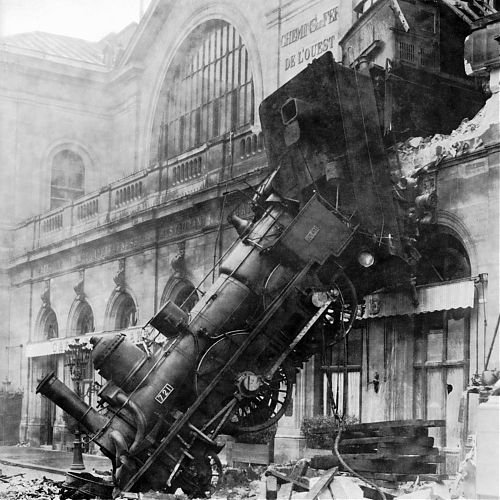In Translation
Editors' Note
Contributors
Figure of Speech vs. Figure of Composition
A passage of Roberto Schwarz’s Duas Meninas, omitted from the English translation, sheds light on Schwarz’s commitment to “composition” or form as producing truth claims of a kind specific to art — a commitment to which the anglo-american critical field, struggling to free itself from the presupposition that language is a closed system divorced from practice, would do well to return.
Henry James's Method
In an early essay, written while studying at Yale University before the Brazilian coup of 1964 and his European exile, Roberto Schwarz takes up Henry James’s The Portrait of a Lady. The essay, positing as fundamental the distinction between an observational mimetic standpoint and a realism that “mobilizes the categories within which it moves,” clarifies the stakes of Schwarz’s critical project.
Soviet Literary Theory in Britain: Bukharin, West, Caudwell
Although the British communists of the 1930s derived their basic intellectual framework from Soviet theory, their responses to it were at once innovative and unorthodox. Philip Bounds seeks to illustrate the relationship between Soviet literary theorists and their British counterparts by examining British responses to the core philosophical precepts of Soviet theory.
Reading Backward with "The Forgotten Man of History": George Padmore’s Revolutionary Theory of Class and Race
Reading backward through George Padmore’s canon in detailed selections from the three works — Pan-Africanism, How Britain Rules Africa, and The Life and Struggle of Negro Toilers — Jessica Manry recovers his work for studies of Marxism and race in the twenty-first century. The process of reading backward, or reading dialectically against the historical development of neoliberalism, allows Padmore’s early work, Toilers (1931) and his last, Pan-Africanism (1956), to stand in literal and symbolic relation to one another, as they make clear the effects of capitalism on Padmore’s thought.
Towards a Renewal of Israeli Marxism, or Peace as a Vanishing Mediator
Exploring the related problems of the decades-long crisis of the Israeli Left and the vanishing of peace as an effective goal from the landscape of Israeli politics, Oded Nir argues that peace has disappeared as either a goal behind which a left could unite or as a concept flexible enough to accommodate many Israelis’ hopes. The renewal of the Israeli left, argues Nir, stands or falls precisely with the way it narrates the disappearance of peace.
Rethinking the Shotgun Marriage of Freud and Marx: Monetary Subjects without Money, the Socialization of the Death Drive, and the Terminal Crisis of Capitalism
Deborah Young argues that categorical antagonisms, exposed to view in Marx (as the competition between capitals) and Freud (the death drive), signal the obverse sides of the same social crisis — a latent contradiction that is actualized in post-Fordist global capital, as a crisis of social self-destruction. However, while Freud naturalizes this crisis as immanent to a civilizational order that nevertheless must be preserved, Marx’s dialectical materialism, characterizing a particular social form, posits crisis as the possibility for an alternative.
On Communism, Science Fiction, and Utopia: The Blagoevgrad Theses
The theses collected here regroup some of Darko Suvin’s previous arguments, bringing them to a new critical point found in the expression “anti-utopia as counterrevolution.”
Book Reviews
Crisis and Clarity: Fredric Jameson’s The Antinomies of Realism, Affect, and the Problem of Representing Totality Today
Thomas Laughlin reviews Fredric Jameson’s Antinomies of Realism.
Does Historiography Make Sense? Terry Pinkard on Hegel on Philosophical History
Anirban Karak reviews Terry Pinkard’s Does History Make Sense?.
